

Share
2nd September 2016
09:00pm BST

The difference between Kilkenny hurlers and even Kerry footballers at the moment is that when they retire they tend to retire in the final and they tend to retire having triumphed yet again.
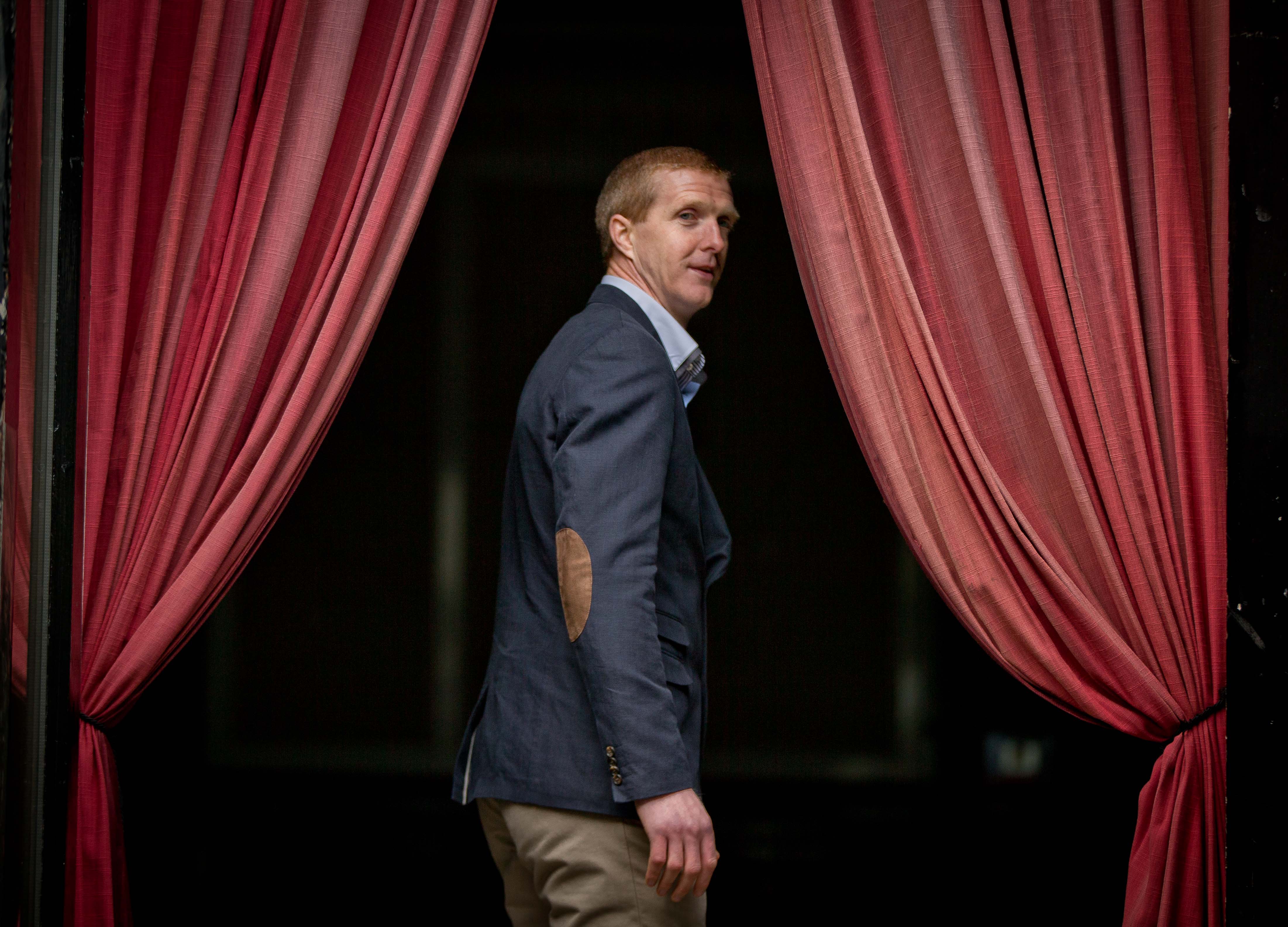
There may be one or two retirements after Sunday’s game, but fewer than in previous years. Kilkenny may be more vulnerable than they were when Shefflin, JJ Delaney and Tommy Walsh were in charge, but they don’t have to anticipate a winter of farewells either.
Shefflin wrote in his autobiography that the thought of retirement frightened him. It frightens many sportspeople, even those who have not achieved as much as Shefflin.
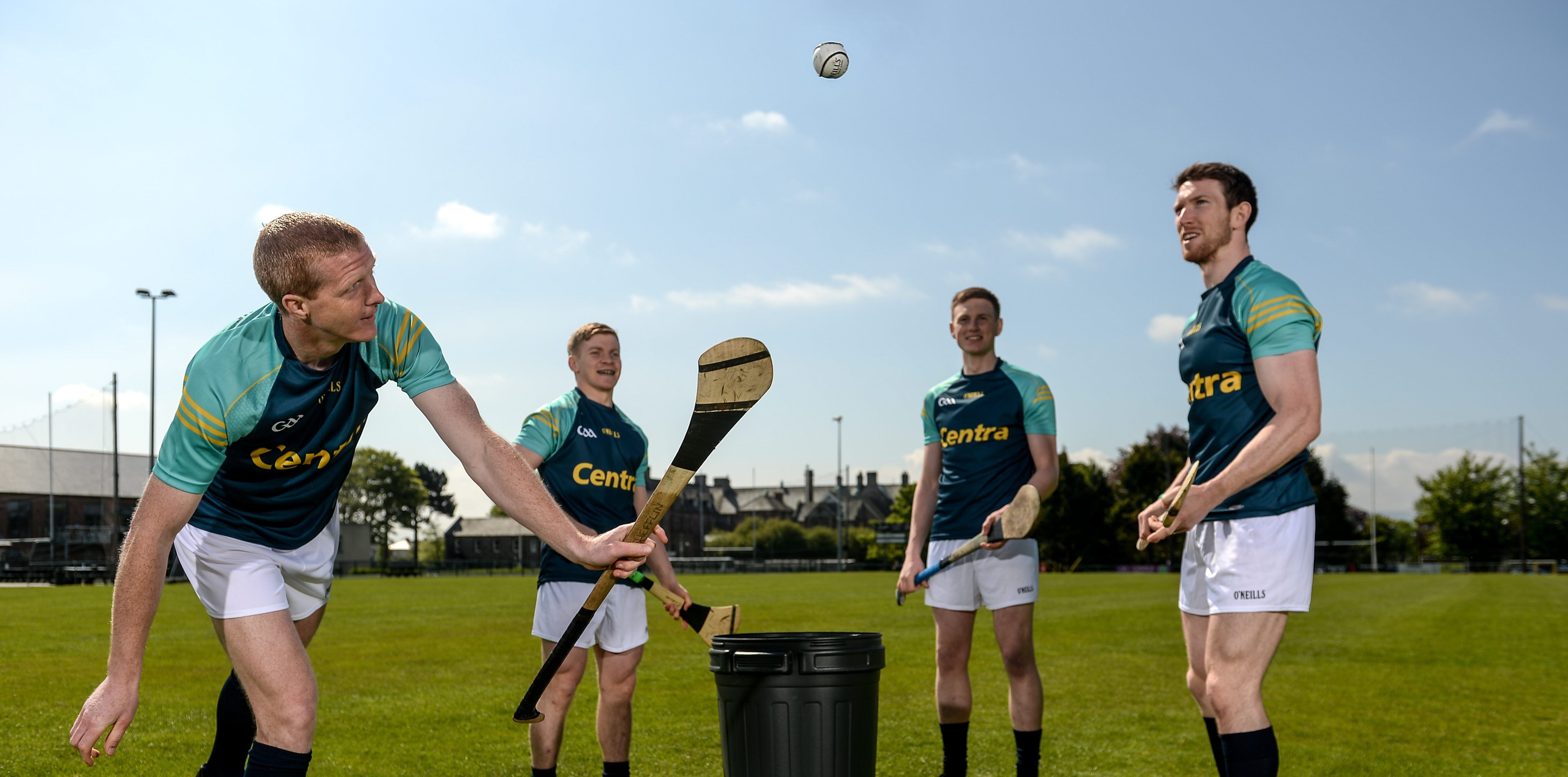
But then everything he achieved seemed to be a temporary protection against the voices of doubt and if there weren't any voices of doubt, Shefflin would have to find them somewhere.
In that context, retirement has been different than he expected.
“More enjoyable I would say. As you said, frightened because you’re in such a bubble. There are all these cliches but they are true, because you are training on a Tuesday and a Friday, go to the gym on a Monday and a Wednesday, whatever it may be. And you know the matches are coming up. You’re in such a routine, but I was very lucky because I got to go out at the top and then I got opportunities like The Sunday Game out of playing the game.”
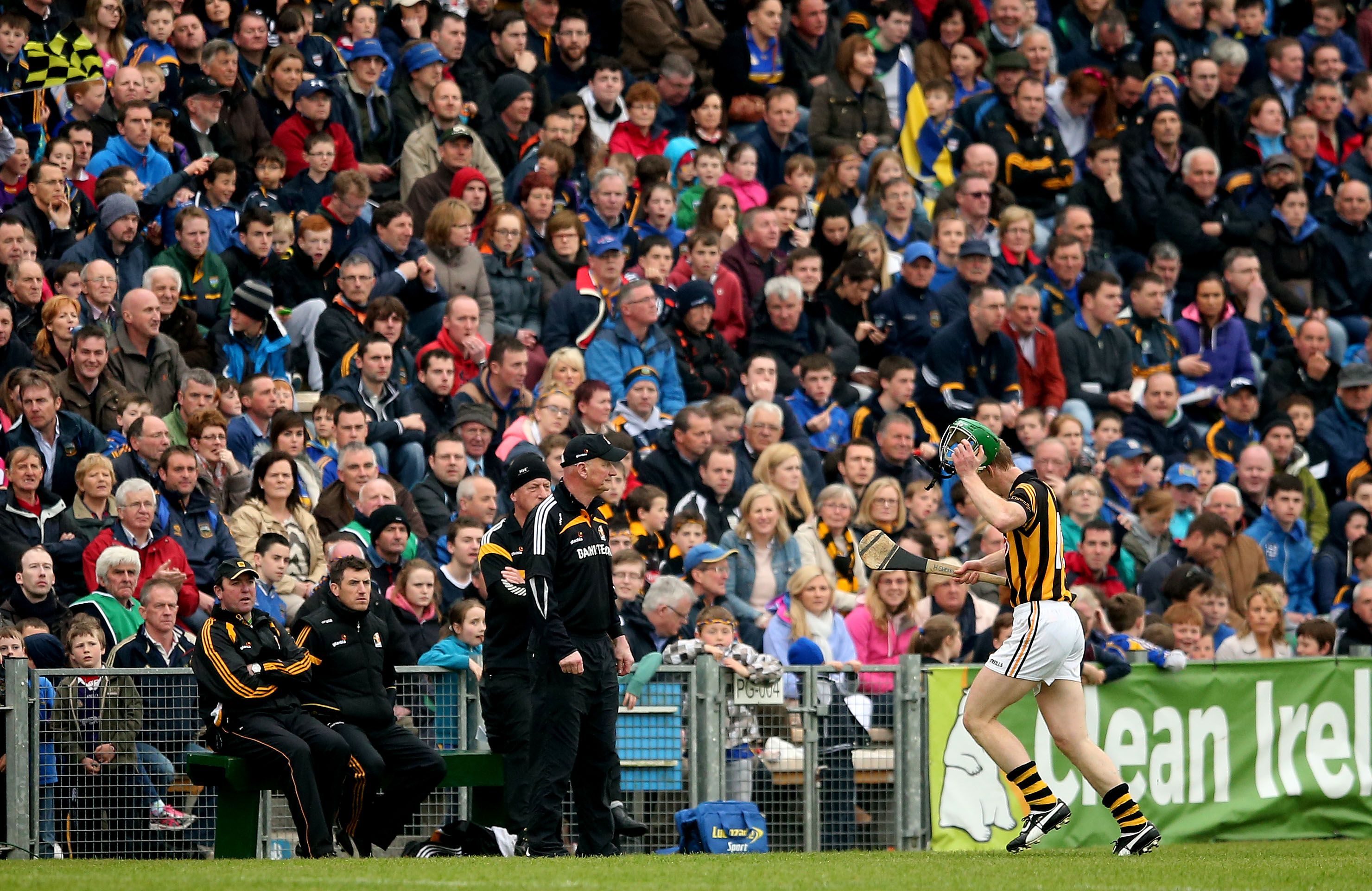
There has been a change, of course, and it centres around the word Brian Cody went as far as to define this week.
“I wouldn’t be sitting down with you the Monday before an All-Ireland relaxing with a cappuccino. That intensity is not there any more and that brings more enjoyment.”
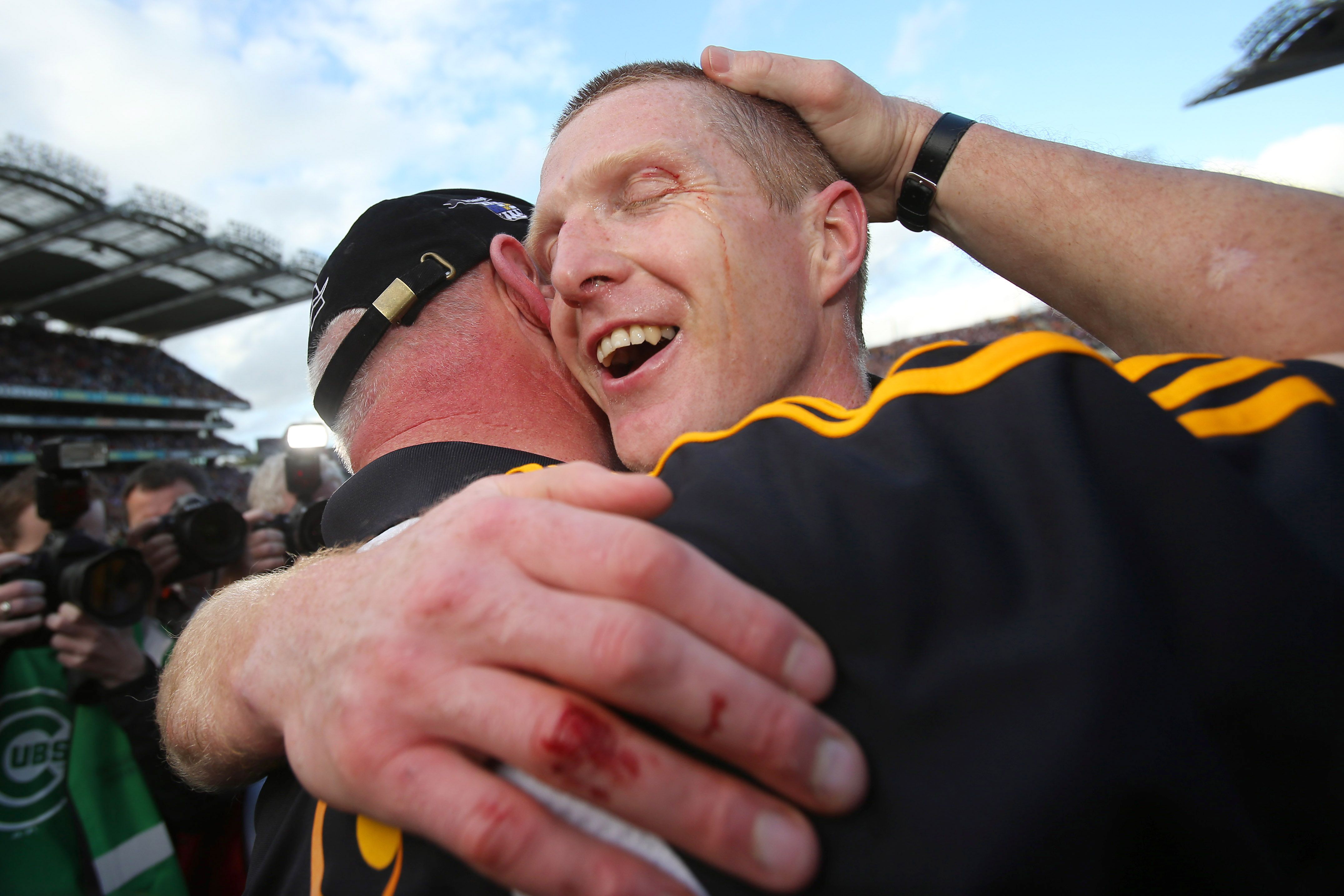
Shefflin is talking over a coffee as part of Centra's Live Well Bin Challenge. On the week of an All-Ireland he is busy and he has found that these challenges are what engage him now.
The obsessive streak which drove him to practice endlessly on his own as a boy has to find an outlet. “That is part of my being, part of your characteristics, so it moves on to other aspects of my life. I work in a bank so that becomes your focus and you say what can I achieve here? Your goals and challenges just change.”
The gift of Kilkenny and Cody has been to make that relentless desire to succeed a transferable gift. “They will never give up, that’s a given,” he says.
As with all persistently successful teams, Kilkenny are a team that many will want to lose on Sunday. People will favour the underdog and they will want a change. Shefflin says that when he was playing he used to wonder about this, but now he sees it differently.
“When you’re a player you look at that and say, ‘Why is that? Why are they all against us?’ But when you step out of the bubble you do realise that everyone likes to see the underdog winning. But I think there is great respect for what Kilkenny do. In the semi-final when Waterford were all over them and they never gave up, people love to see that.”
A match like the semi-final replay against Waterford allowed people to appreciate Kilkenny more than the steamrolling victories of their most dominant years, even if those victories never sat comfortably with Shefflin. “The pessimist in me reasons that a big win will always come back to haunt you,” he wrote in his autobiography.
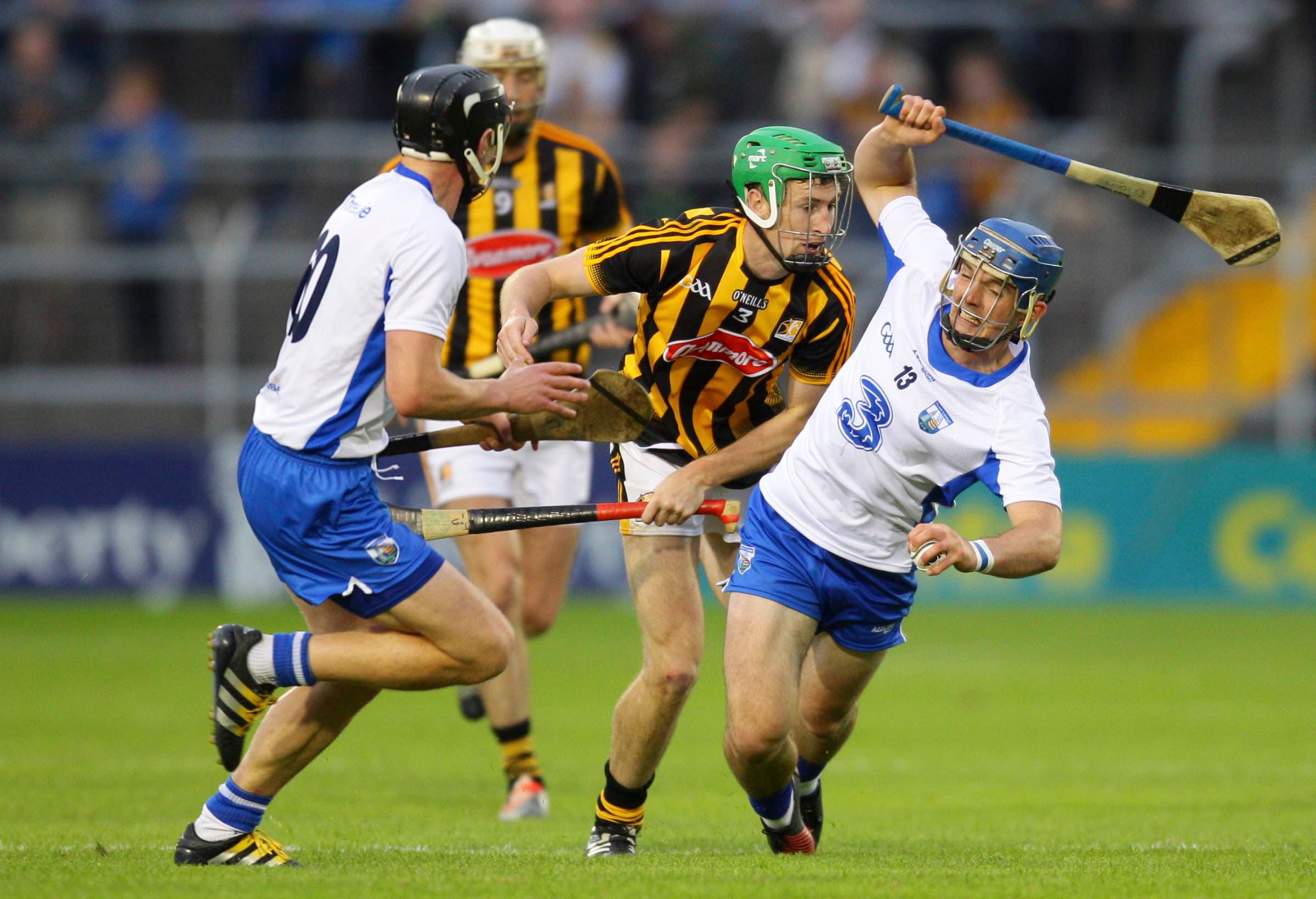
“I don’t know why that it is," he says now, "but that was built into me from a very young age. Whether it’s my grounding not to be big-headed. Growing up as the second-youngest with seven siblings maybe that’s drilled into you, but as well as that things weren’t given to us on a silver spoon. I don’t know why that is, it’s just something internal, I was always, always wary of what was coming.”
https://twitter.com/dionfanning/status/764750028808290304He was part of a team where he could be sure there would be no complacency. If the tone was set by Cody, there were always enough people in the dressing room to back it up.
“For me, it’s the characters of the individuals, not on the sporting field, but off the sporting field that makes a difference. We had serious characters, Henry Walsh, JJ Delaney, Peter Barry, David Herity, these were serious characters that you would go to war with. If I ever did become manager, these would be the principles I’d look for. The other stuff you can work on but if you have those characters it definitely stands to you.”
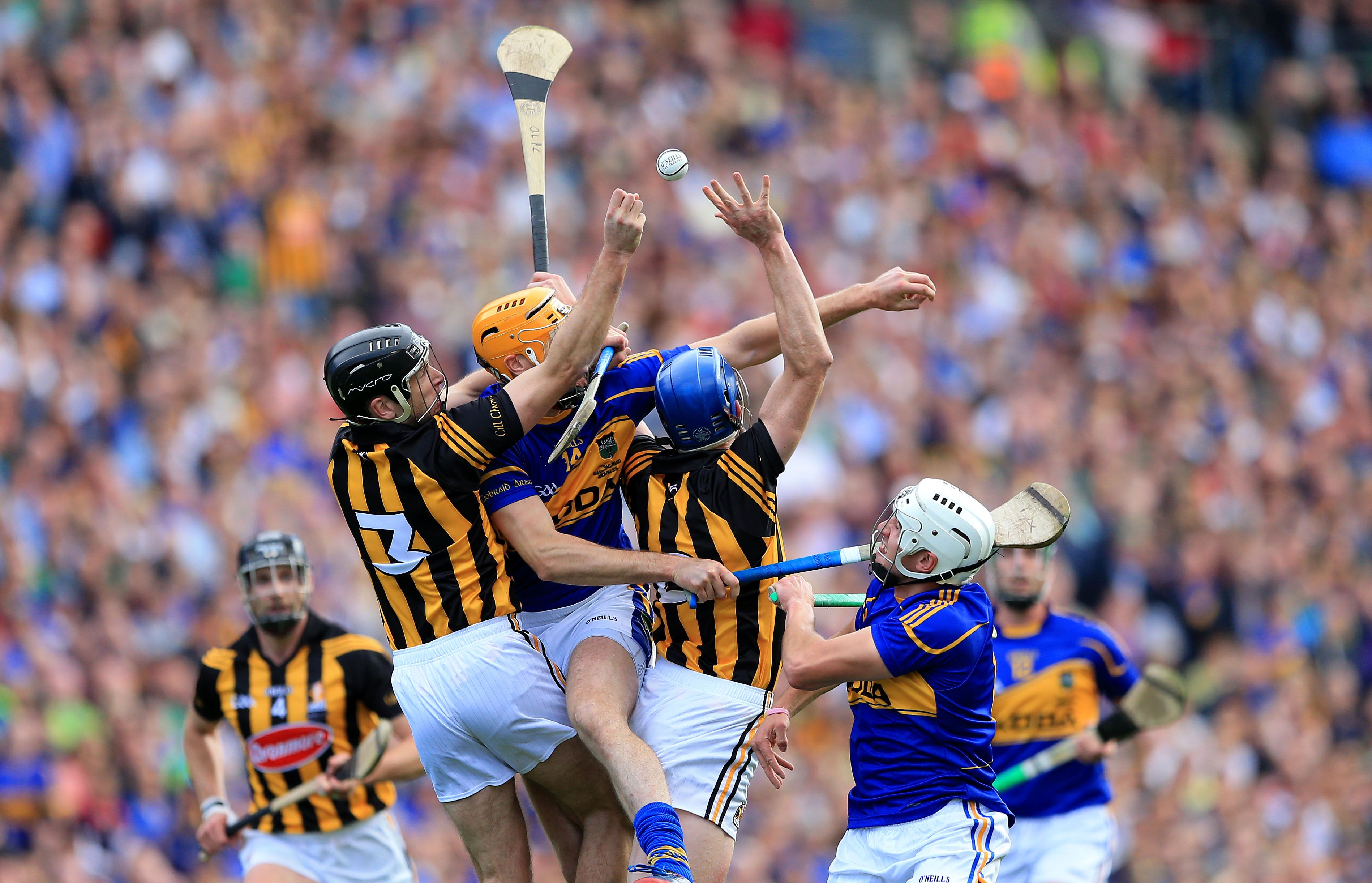
Management would be something that would interest him. He will continue playing for his club for a couple of years, but then he says he might start wondering where the next buzz comes from. He has learned a lot from Cody, but his life before Cody provided grounding too.
The squash court behind the family pub gave him the space to practice alone endlessly, something which is the common denominator in so many great sporting figures. But the pub provided an education too.
“I’d definitely relate to that. The job I’m in at the moment is very much about relationship with people and stuff like that. Those kind of principles, you’re very grounded, meeting those different characters, I think the love of the game came from there. The pub would keep you grounded too because if you got above your station behind the counter there’d always be one or two on the other side to keep you down.”
So he may use that human experience if he goes into management and he will use the experience of working under Cody.
“He sets down that culture within, I hate saying the organisation, but that’s what it is. You know, the county board, Brian, the Kilkenny players and if you don’t toe the line…he knows the characteristics he wants from his team of players and he uses them for the benefit of himself and Kilkenny.”
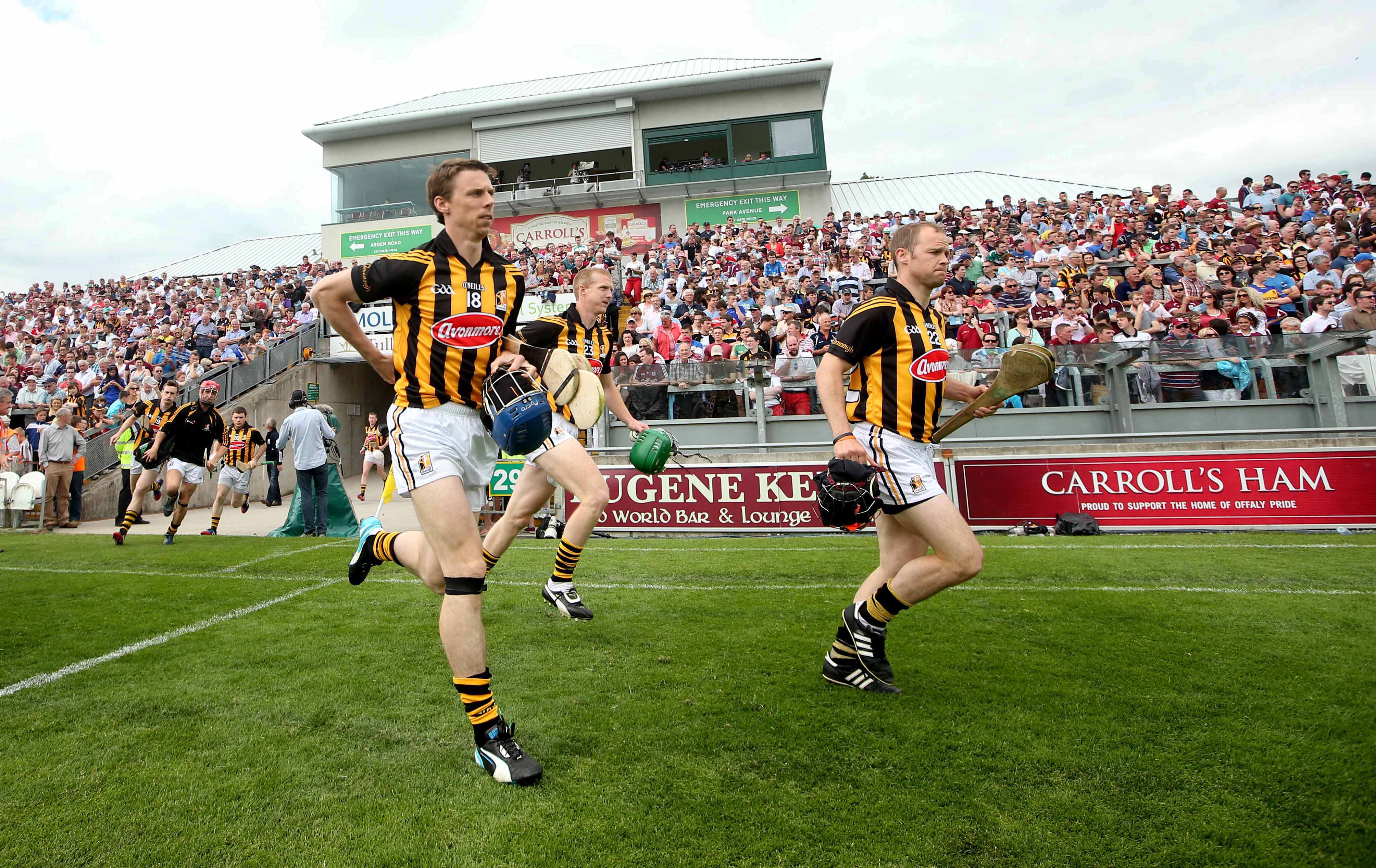
Everybody knows what is expected. “It’s like a schoolteacher we were all afraid of,” he says. “Once that drops by a few per cent in a couple of players, it changes. That’s what he instills in the players, because of his experience of dropping players or playing someone that people didn’t expect, it keeps everyone on their toes.”
Cody is a friend, he says, but he jokes that if he had a conversation with him this week, it would be a lot different to the one he’d have once Sunday has gone.
Having Cody as a manager would keep you on your toes, but Shefflin never was complacent.
“When I was minor and U-16s, I wasn’t the best player or anything like that so when I got there I was always looking over my shoulder wondering who’s going to pass me out. That’s the drive again. Not making teams made me very much on guard.”
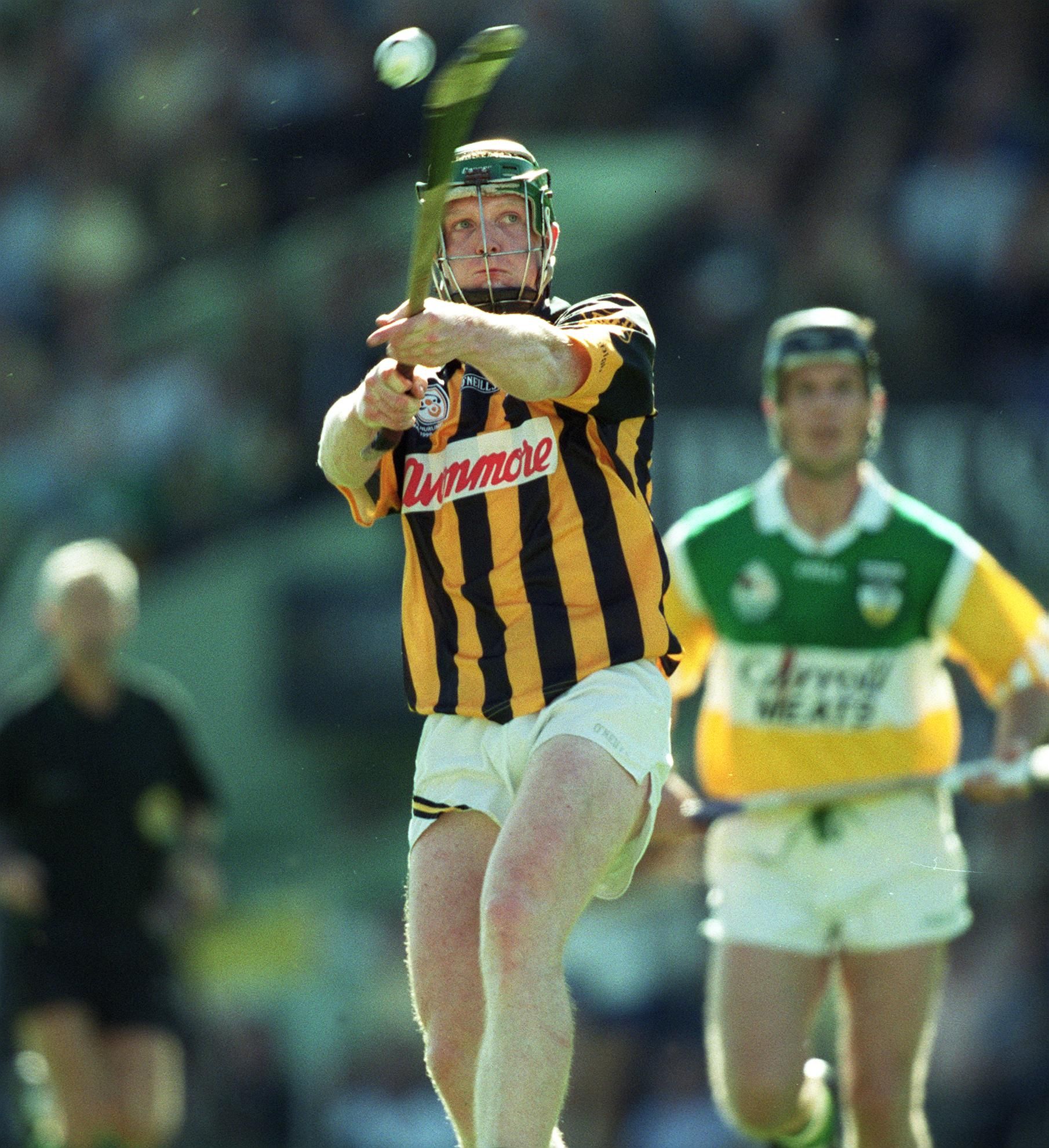
It was always the fear and when it became closer to a reality, it made retirement an easier option.
But on the days when it was good and on the days when it was bad, there was always one thing it was about.
“You put in so much hard work and it was always for me about the buzz of winning rather than the fear of losing.”
Chasing that buzz meant the joy could never last long. In the middle of his career, there was expectation, injuries and the voices of the doubters as he perceived them.
“At that stage, you’re still a bit insecure. Life is about living and enjoying things and in some of those years winning All-Irelands, I probably didn't enjoy them as much because I was straight away, ‘What about next year? What about the lad coming to take my place?’”
There were other characters who enjoyed it more. “Some of them were probably a bit more chilled in life. They’d enjoy themselves over the winter, come back with a few pounds, but I couldn’t do that, with my mental being, I couldn’t afford to do that.”
In the later stages of his career, he enjoyed it more, but it was always about chasing the victory.
So then you ask him what is sport about - winning or taking part? There is only one answer a Kilkenny hurler can give.
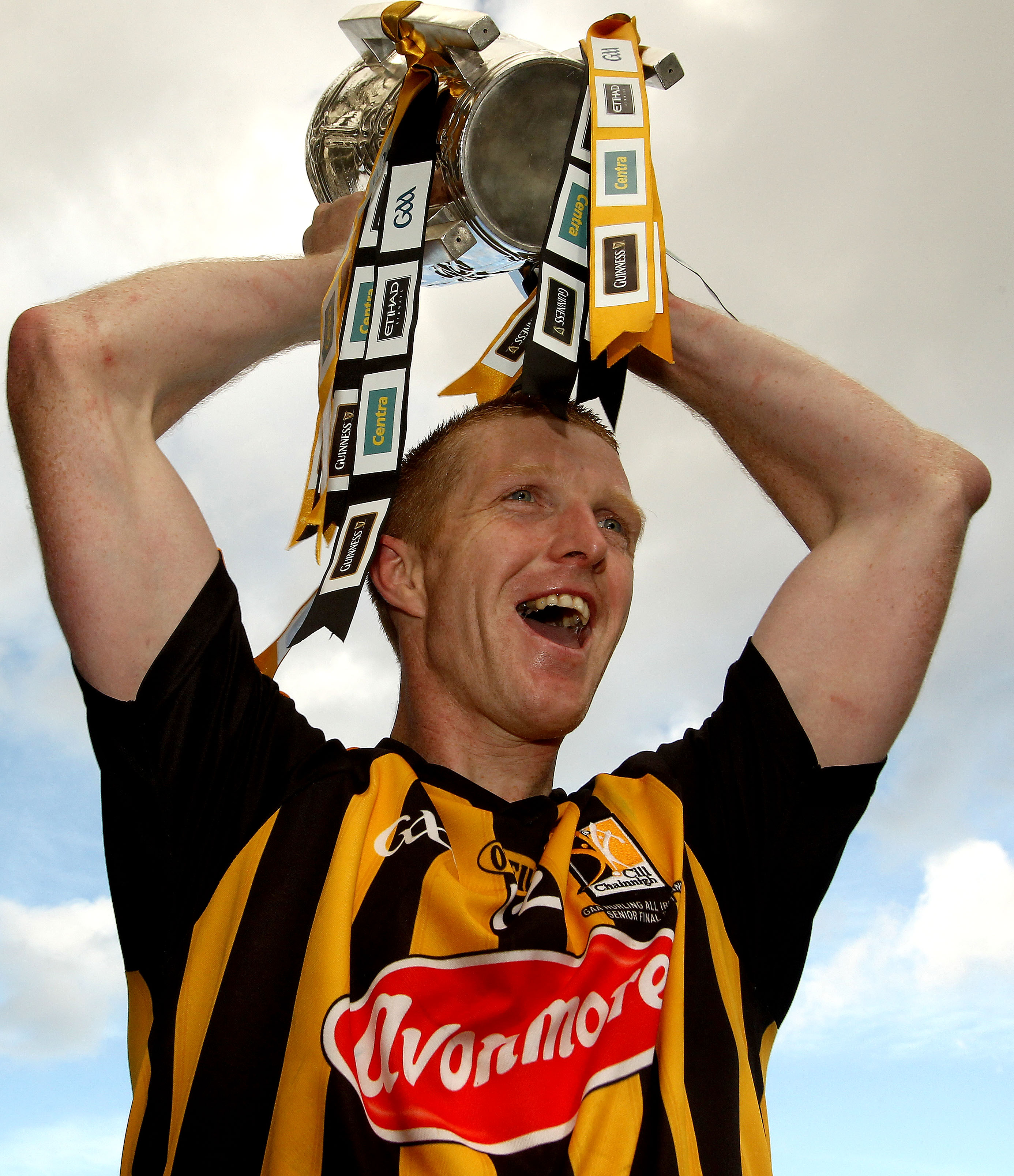
“For me, it’s still about winning. I could cod you and give the PC answer here that it’s about taking part. I train in club matches at home and we might have about 12 training and I want to win the match. For me, it’s about winning. Sorry about that, but that’s the truth. It’s about winning.”
It was always about winning as he drove himself relentlessly as part of the most relentless team of them all. On a week like this, he thinks of some of those games, memories which come easily to him.
He remembers the details of matches so he doesn’t need to look back on old DVDS this week. “I don’t remember much of before a game or after the game, but the game itself. For example, I can remember 2011 and missing four points distinctly.”
You don’t remember the ones you got?
“I only got two,” he says, “but I remember them as well". But the missed points seemed to have made more of an impression. In chasing the buzz of winning, it was important never to forget the ones that got away.
Huge All-Ireland final GAA Hour features an interview with Kilkenny manager Brian Cody. Subscribe here on iTunes.
Explore more on these topics: